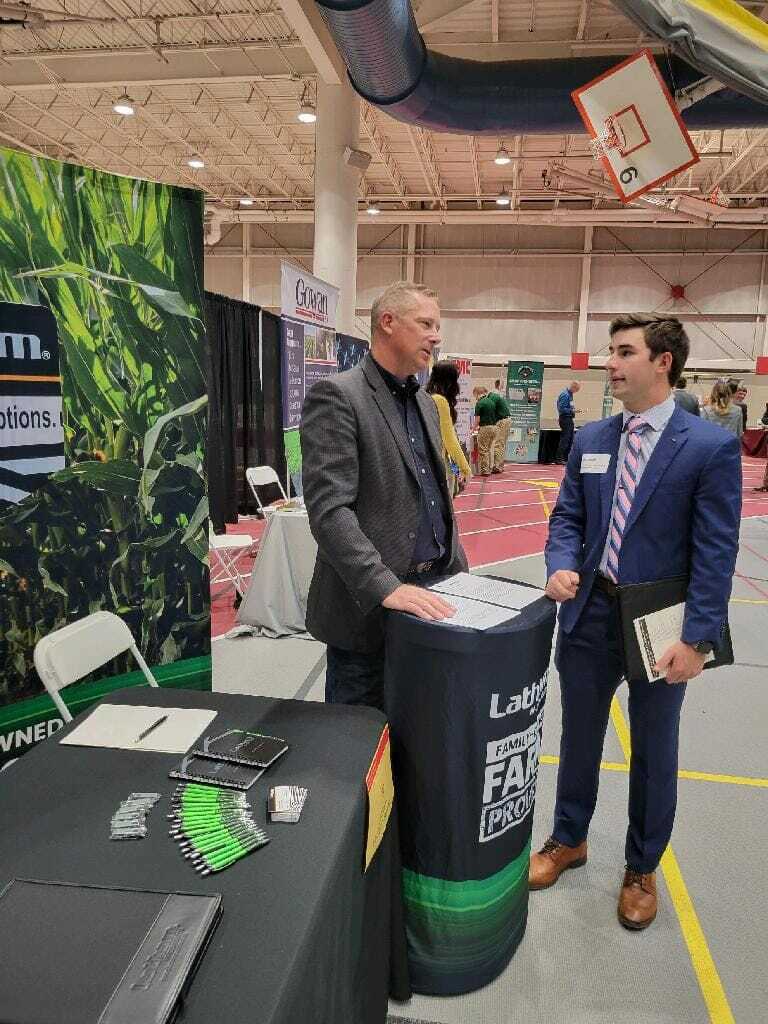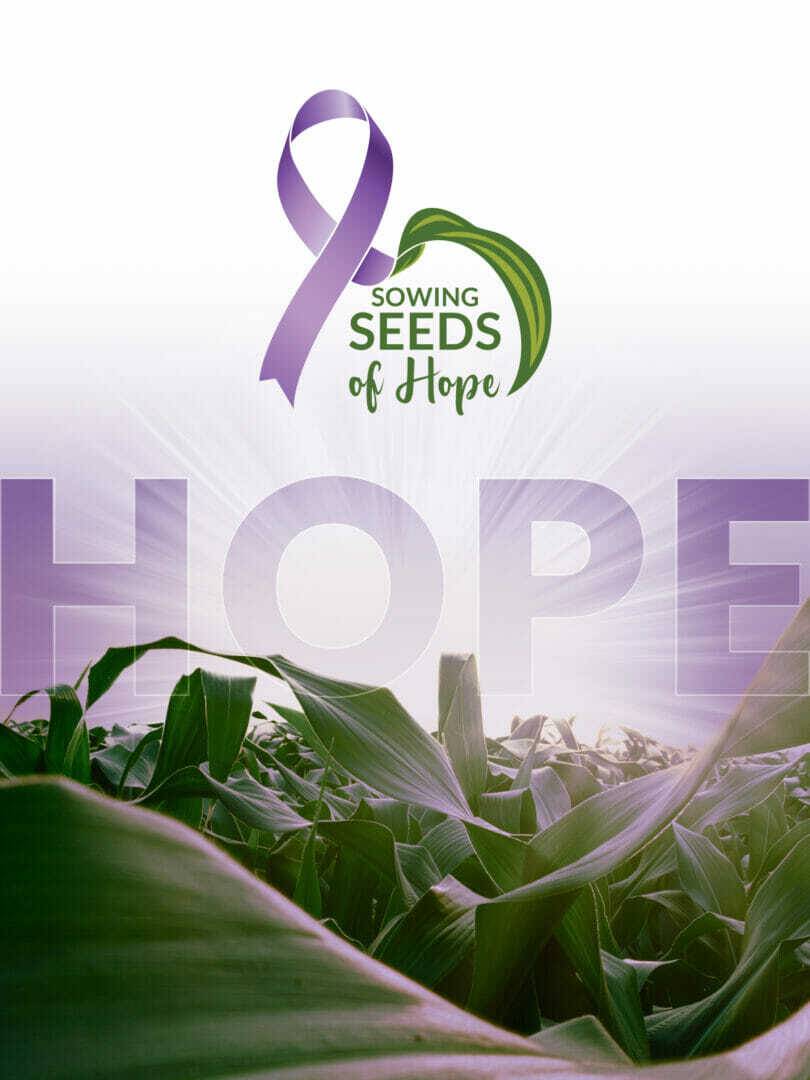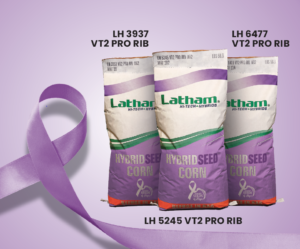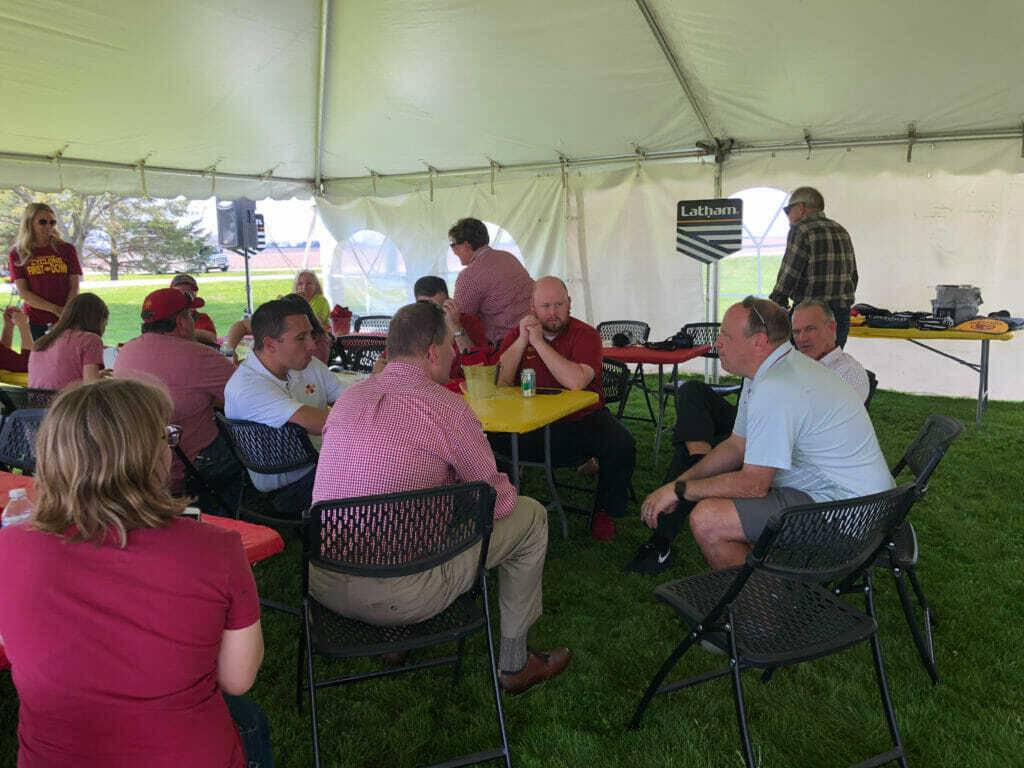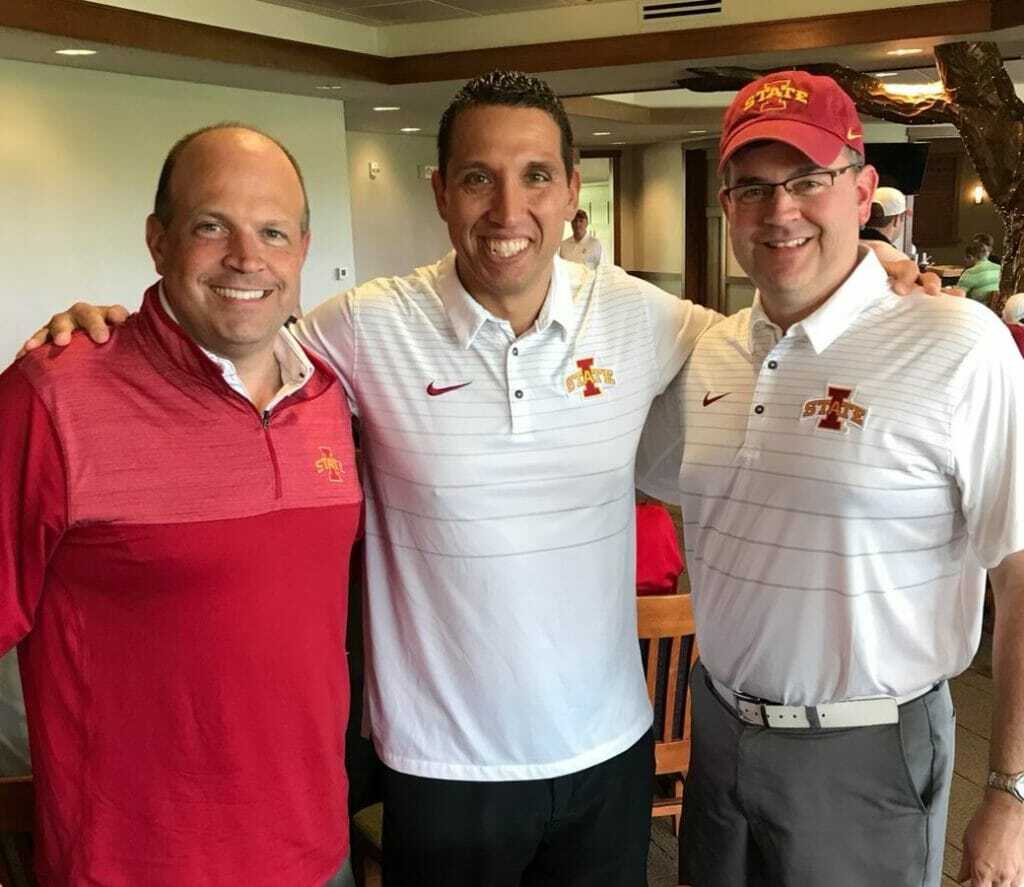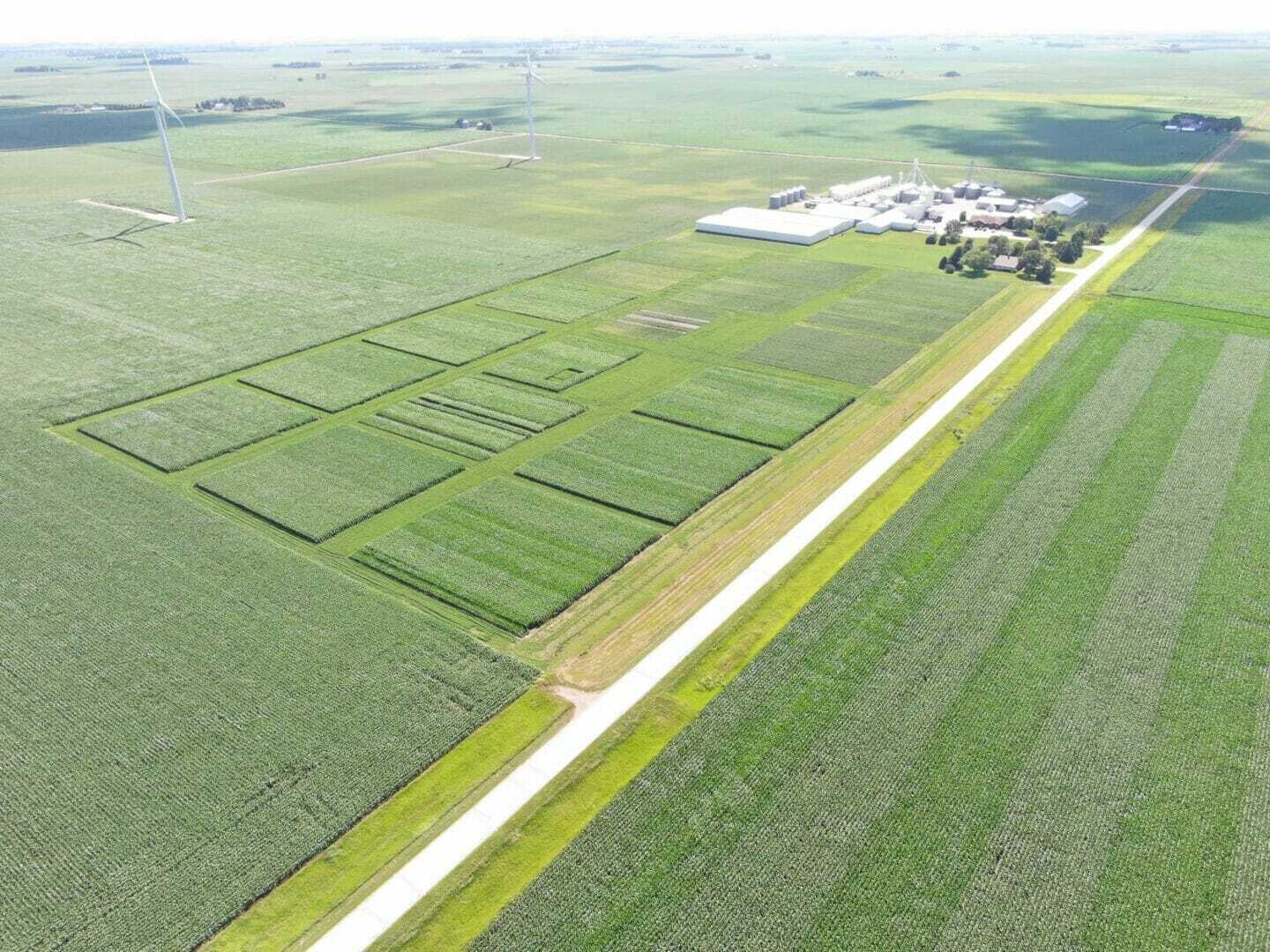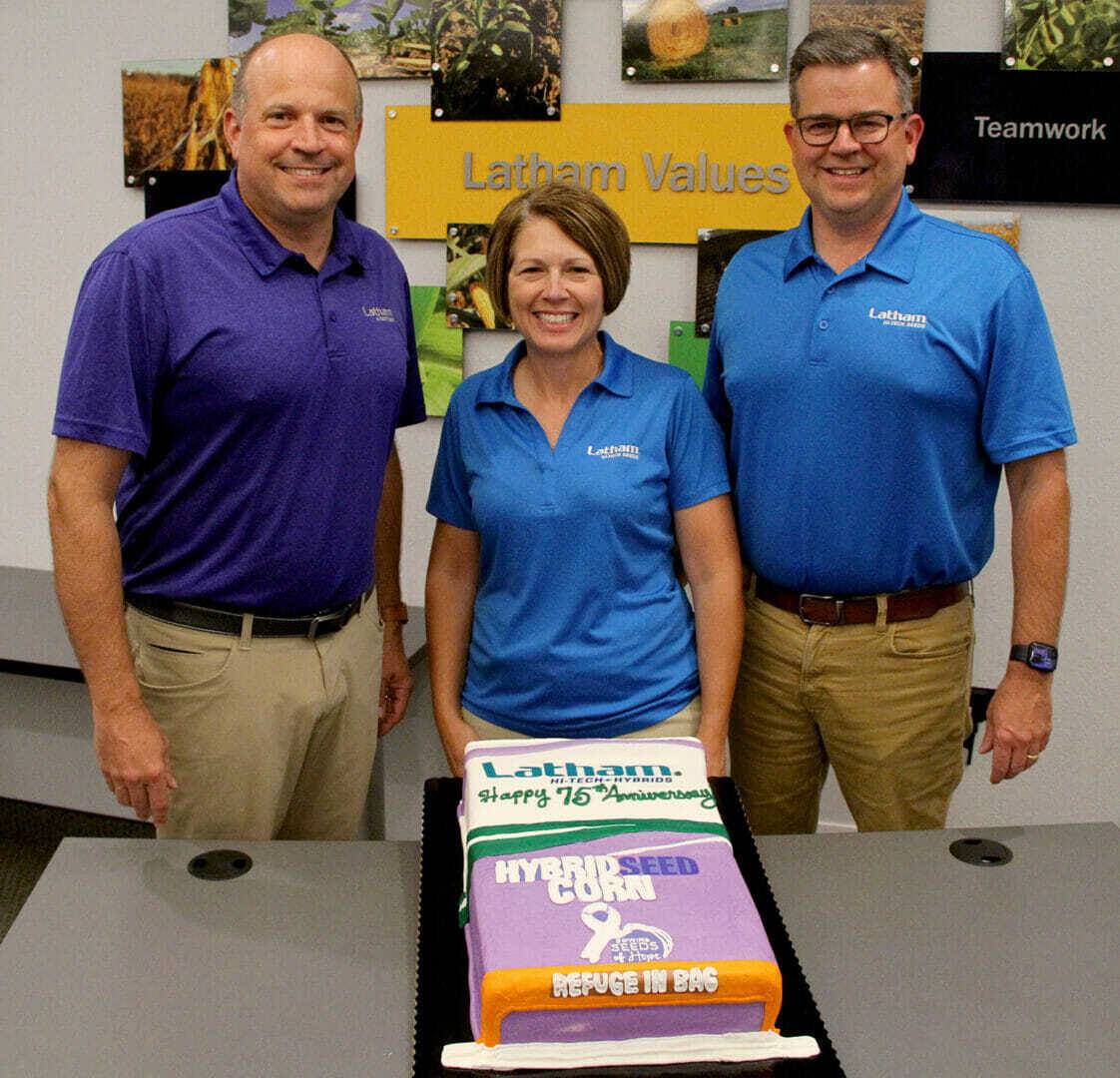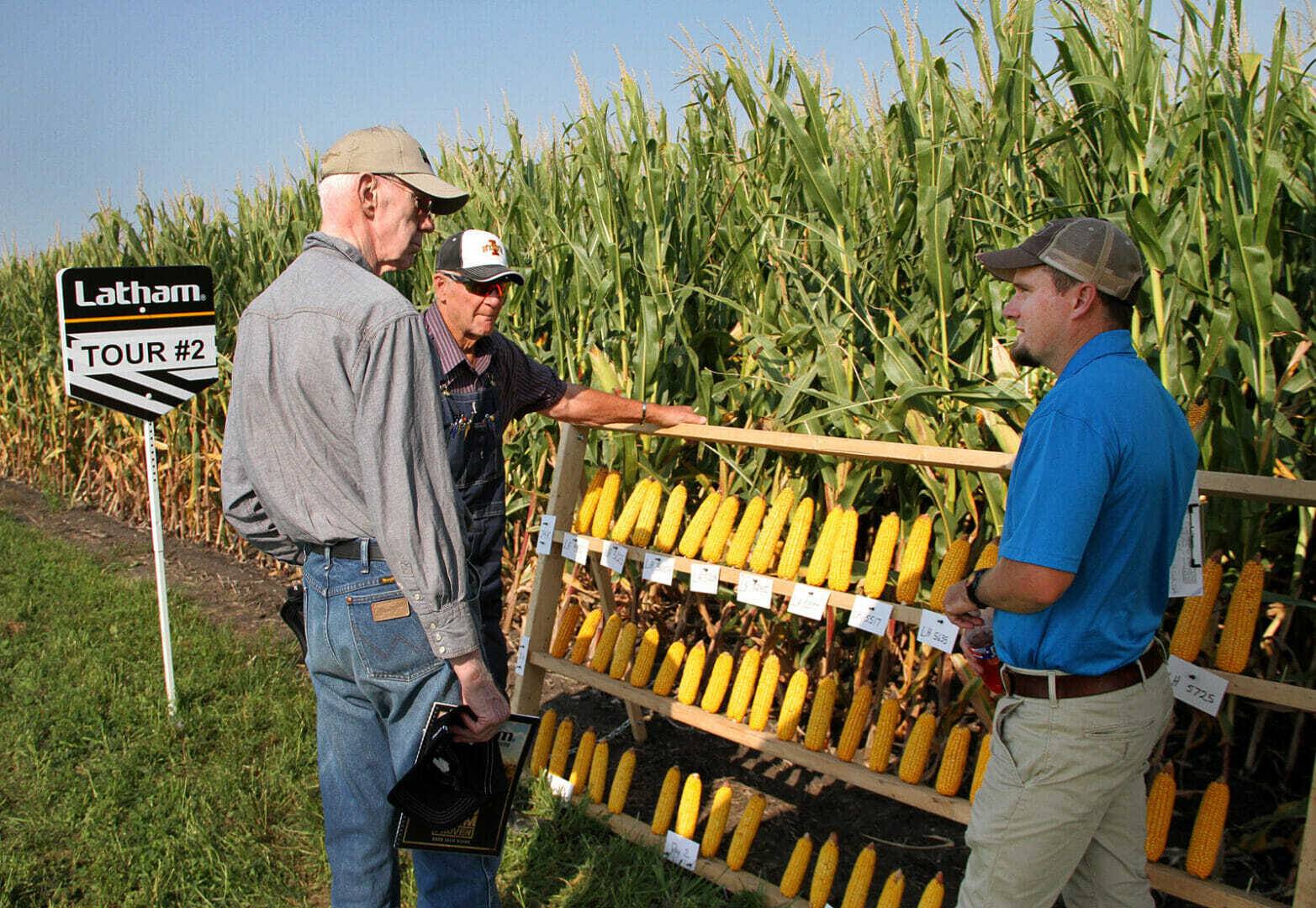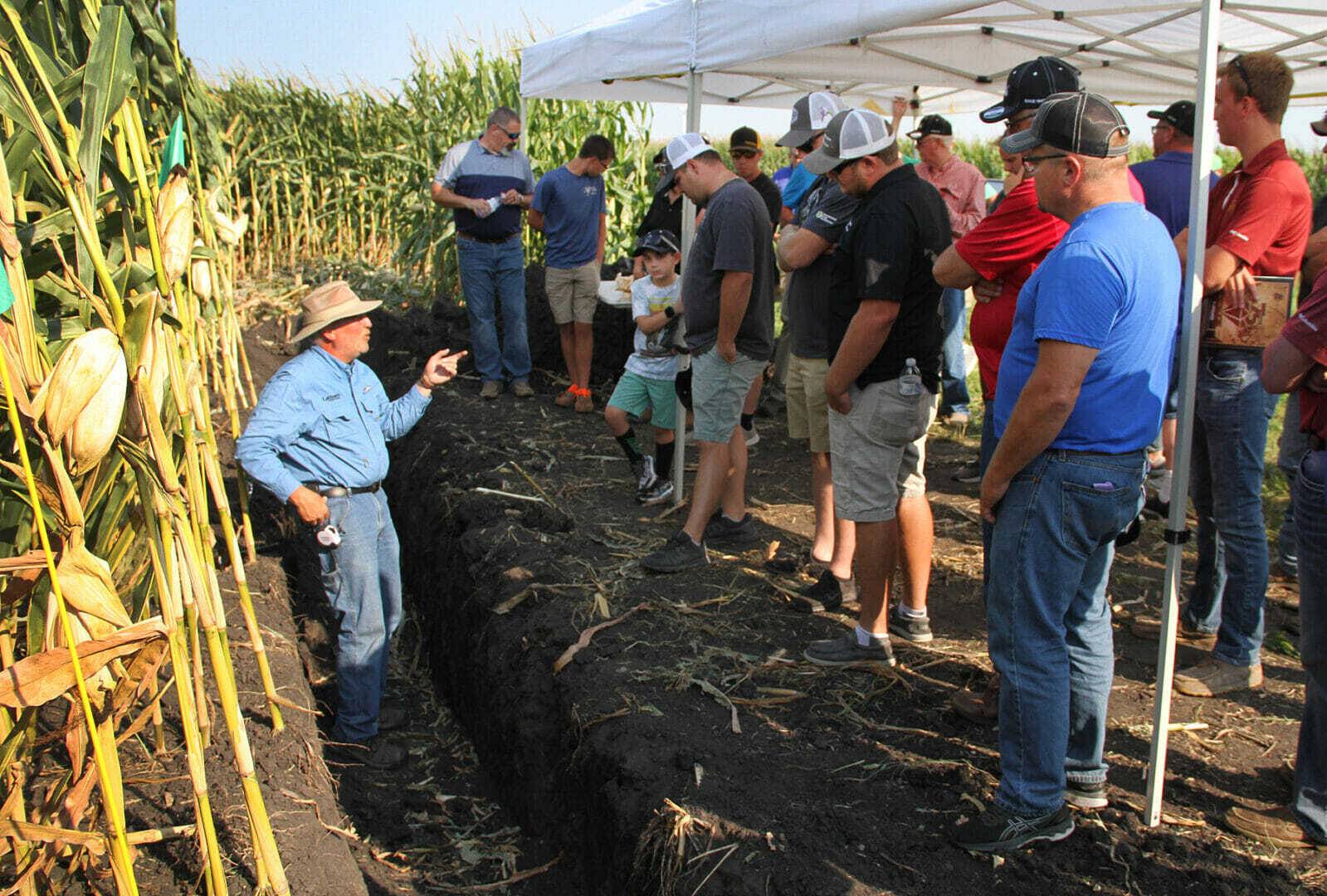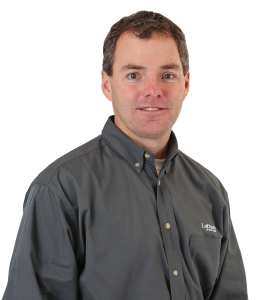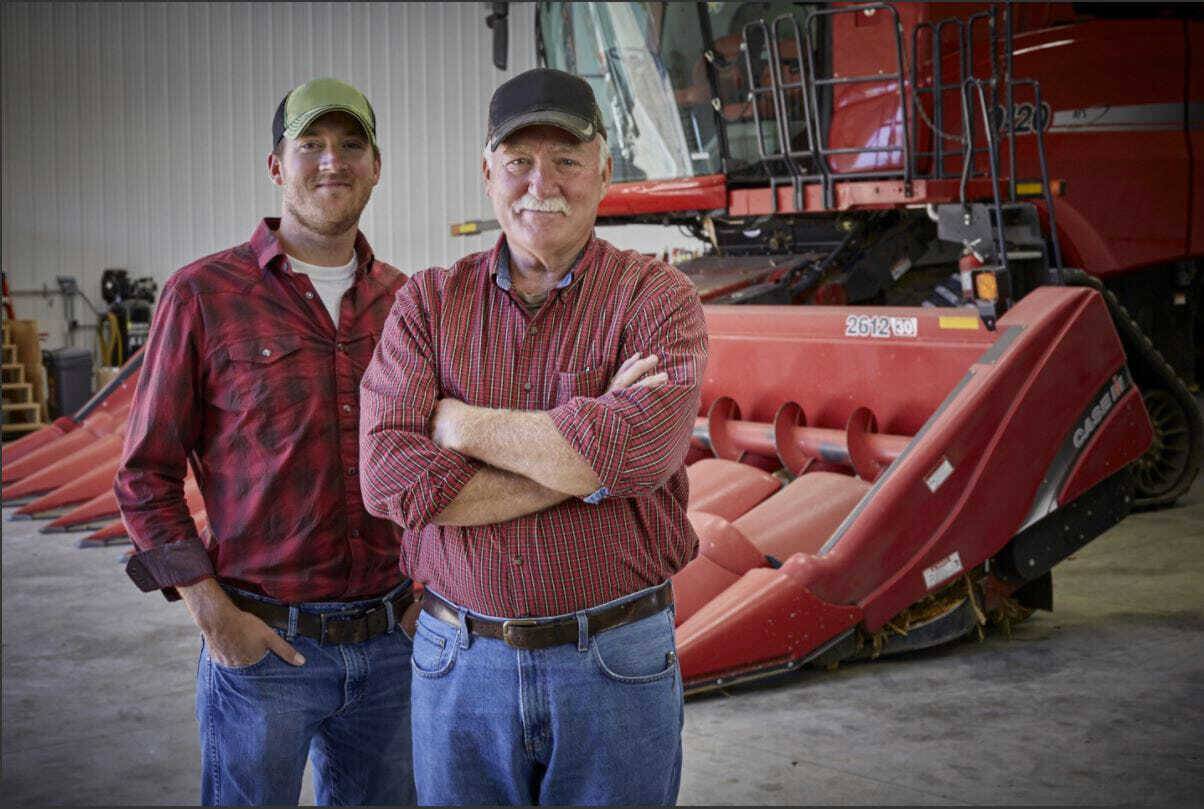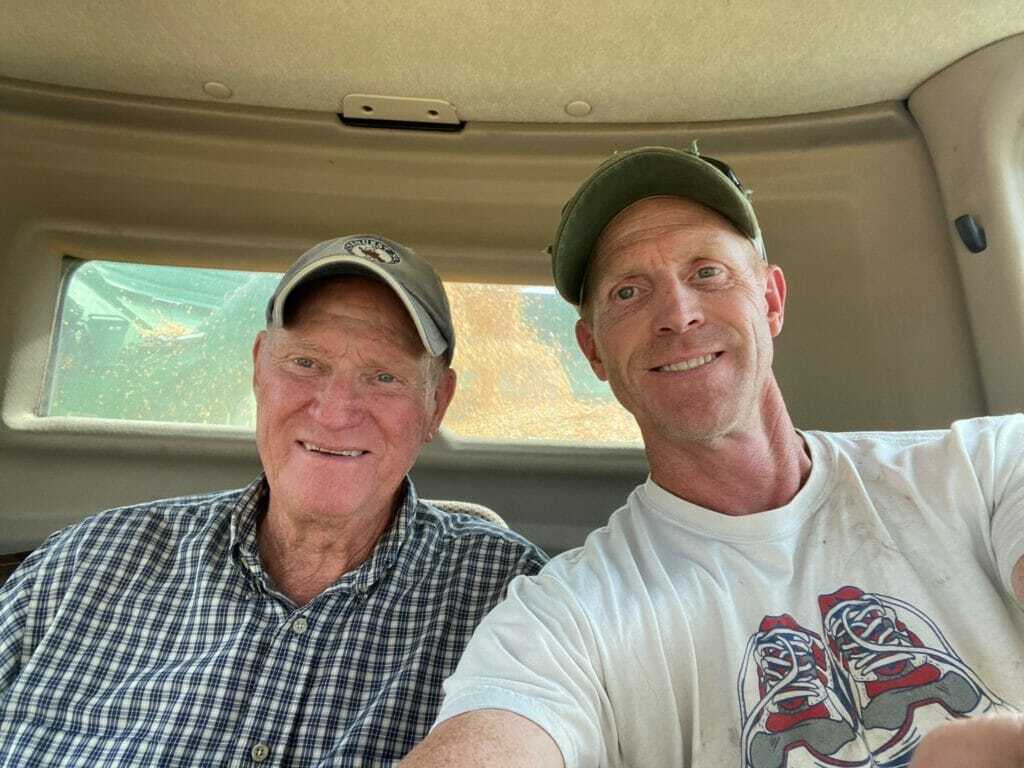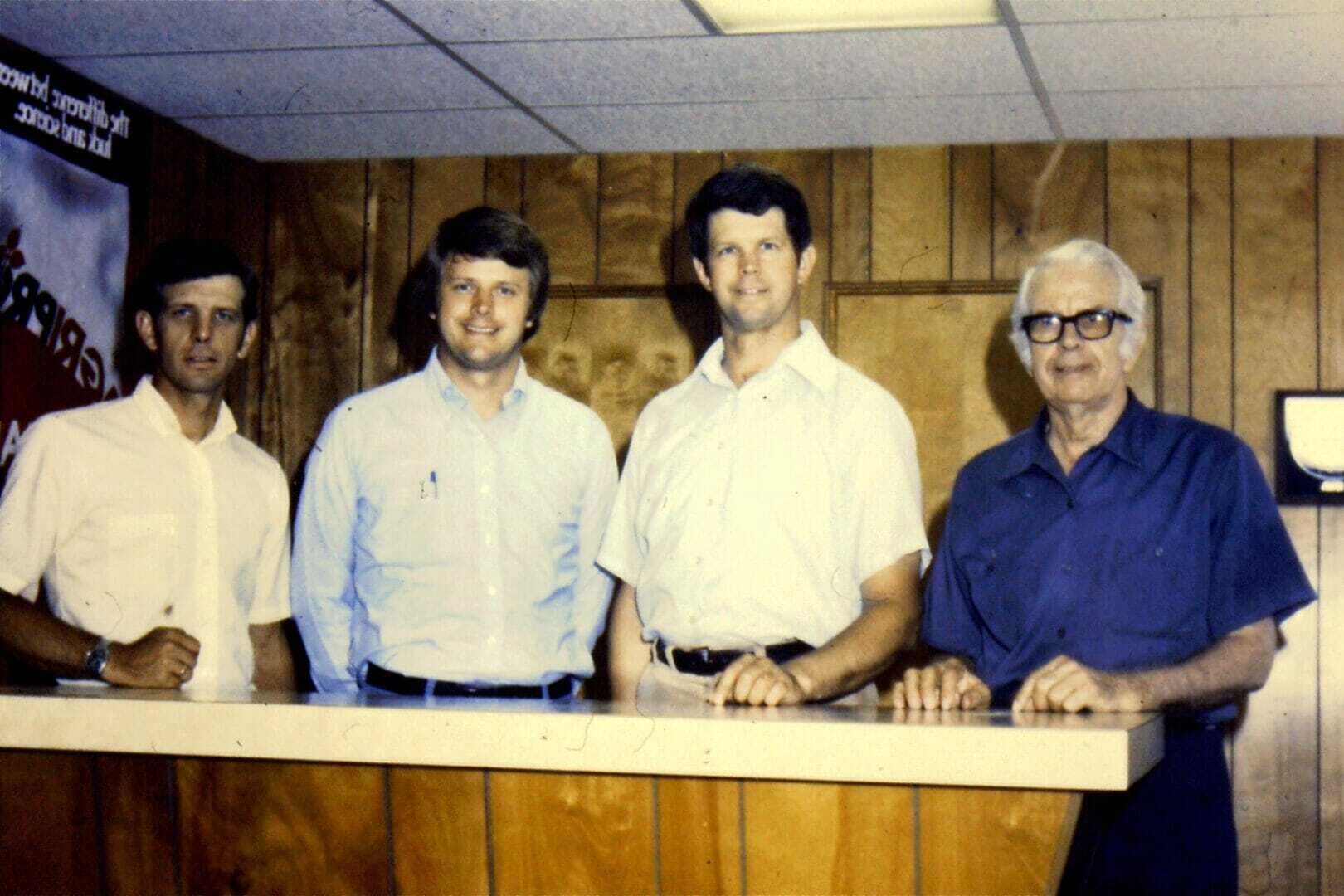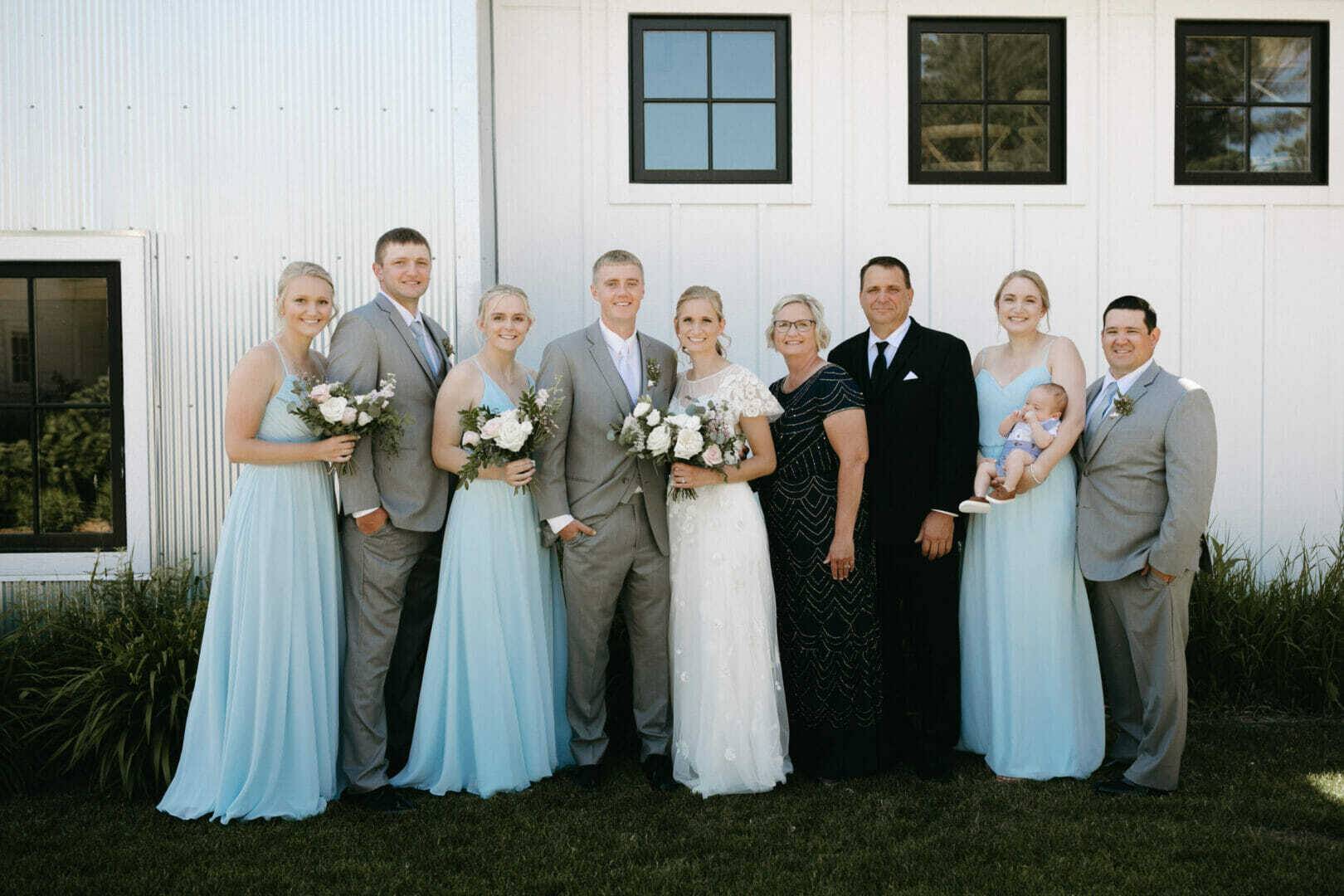By Ann Foster Thelen
Life is full of full-circle moments. Often, they occur so seamlessly that we don’t even notice. Other times, these moments are so significant we are stopped in our tracks. My full-circle moment came two days before Christmas in 2021 when I was told I had breast cancer.

It’s a full-circle moment because my mom died just seven years earlier from a rare and aggressive form of breast cancer. When she was diagnosed, Mom was 74 years old, and our family was shocked. We didn’t have any history of breast cancer in our family, and perhaps naively, we didn’t think cancer would place its devastating grasp on us.
During Mom’s journey, which was just five months from the time of her Stage IV diagnosis until her death, we learned a lot about breast cancer. Her cancer was Inflammatory Breast Cancer, which is only responsible for 1-3% of all breast cancer diagnoses. Our family was told Mom’s cancer was a type that wasn’t hereditary. Years later, I learned that only 5-10% of breast cancers are heredity. As a society, we’re often lulled into playing the odds in our mind of “it won’t happen to me.” In fact, 1 in 8 women will be diagnosed with breast cancer (and men aren’t immune from a breast cancer diagnosis).
After Mom died, I had genetic testing to see if I carried any gene mutations (such as BRCA and approximately 20 other genes), which can often lead to breast cancer. The testing was negative and gave me a slight sigh of relief. However, a voice inside kept telling me that my vigilance shouldn’t stop there. I proactively shared information with my doctors during my routine check-ups that year. At times, I felt I needed to be persuasive to get the extra tests. My doctors listened to my family history and started me on a screening regimen for early detection. Once a year, I receive an MRI and, six months later, a 3D mammogram.
Biopsy, treatment and lessons learned
Fast forward to December 2021, when I lay scared on a table in a dark room getting my first breast biopsy. The doctor performing the procedure was kind and compassionate when he told me that the tumor was likely cancerous. He knew, and I knew. As tears streamed down my face, he put his hand on mine and told me that because I had so many detailed screening images dating back to 2014, they were able to detect my cancer very early. The next day, my husband and I met with a surgeon who told me I had Stage I lobular breast cancer. It was not my mom’s cancer, but cancer, nonetheless.
I had a lumpectomy in January of this year, 12 weeks of chemotherapy and 21 consecutive days of radiation. Because my breast cancer was estrogen, progesterone and HER2 positive, I also receive an anti-hormone infusion every three weeks until February 2023. I’ll also take a hormone-blocking pill for at least 5-7 years. Luckily, my cancer had not spread to my lymph nodes and my surgeon said I was technically cancer-free after my lumpectomy. The treatments were all part of a well-documented protocol to prevent cancer from returning and to kill any microscopic cancer cells. I had scans in August, and thankfully, they were clean. I also had more genetic testing – this time, more than 70 genes – and all were negative. The genetic counselor said we might never know why I got cancer.
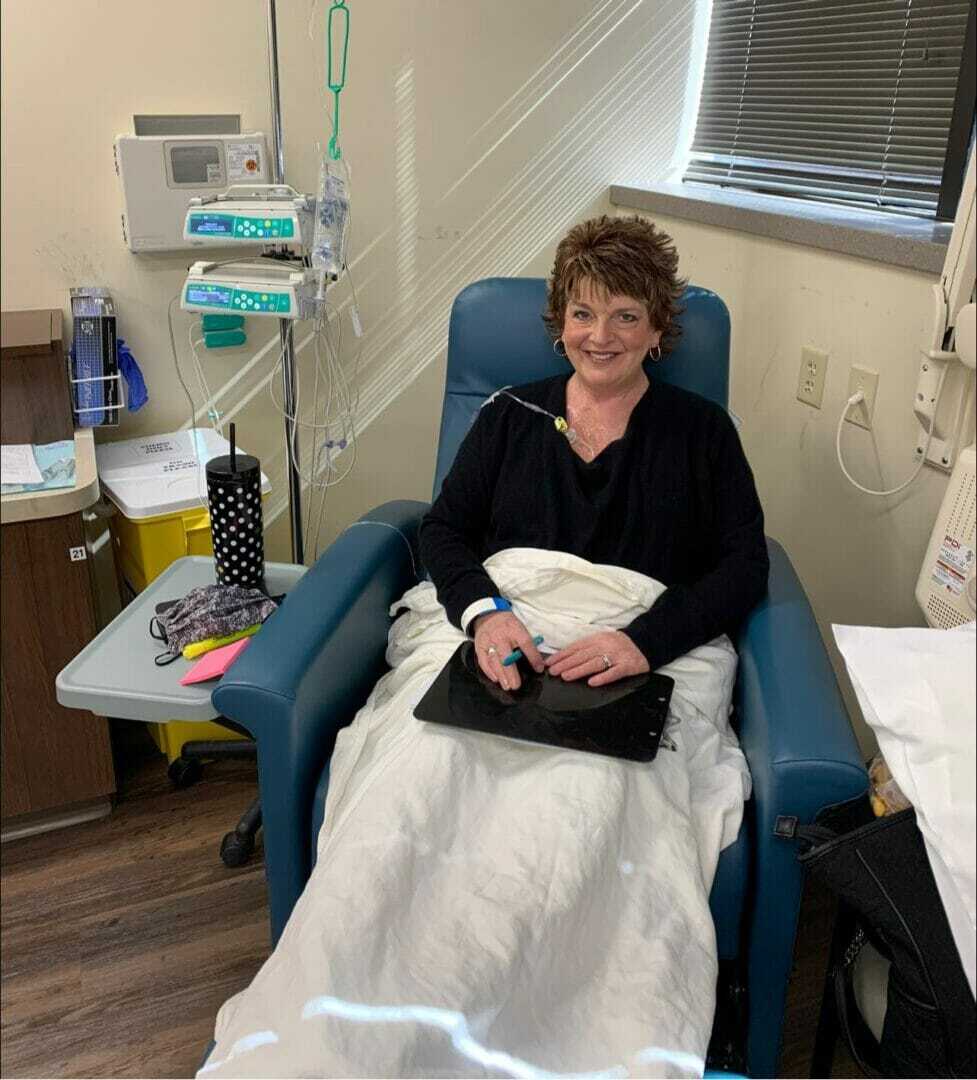
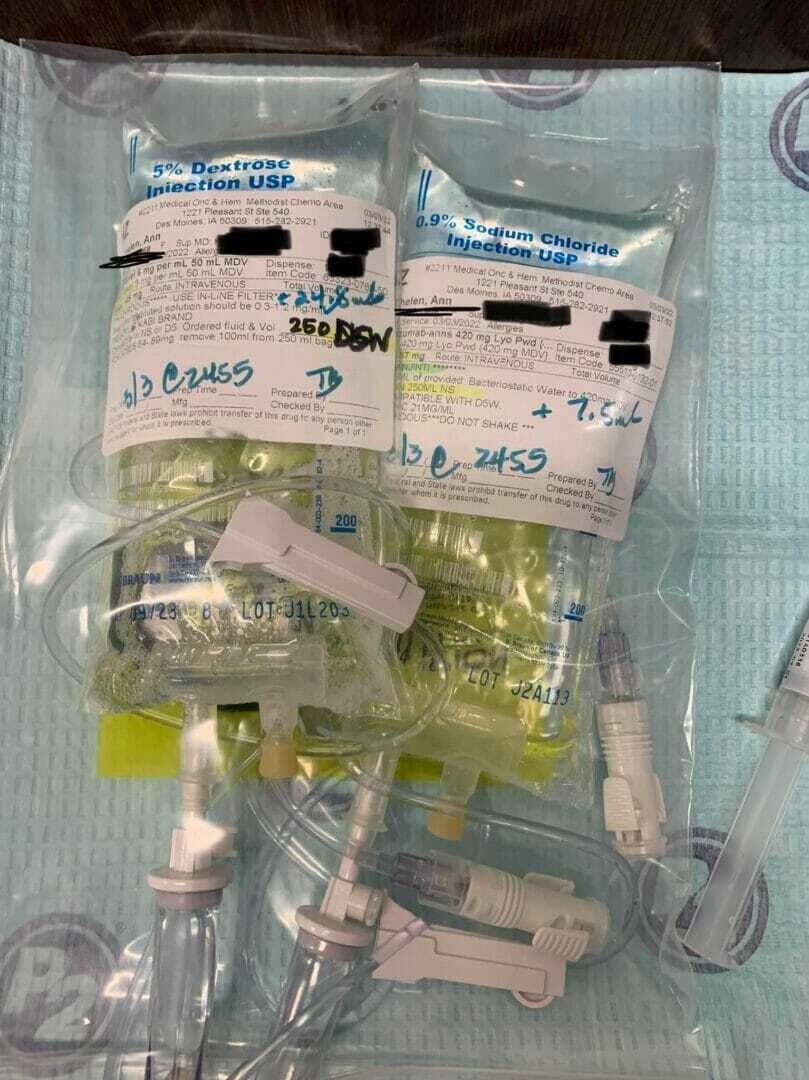
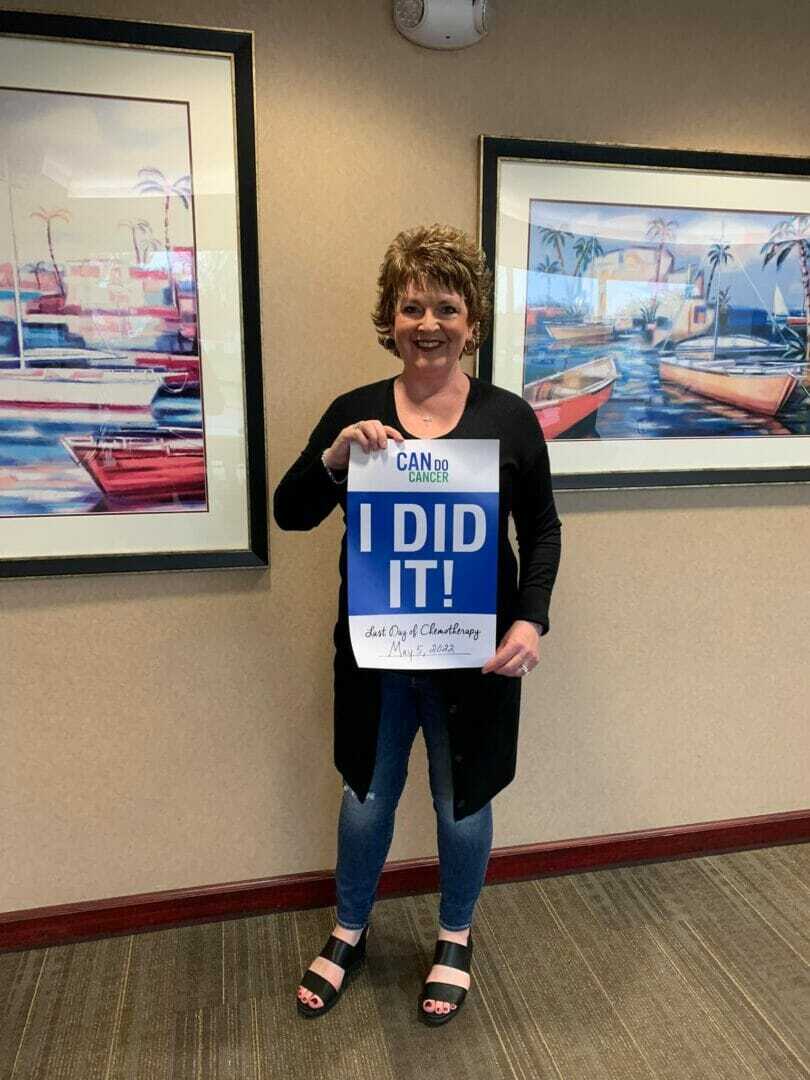

This journey has been an impactful full-circle moment for me and one that gives me pause every time I think about it. While she is no longer with us here on Earth, my mom – the person who gave me life – also saved my life. Without her cancer diagnosis, I likely wouldn’t have been so adamant about regular screenings. I also vowed to share information about breast cancer among circles of friends, family and colleagues. Losing her was hard, but it gives me peace knowing that I can carry on her legacy and voice by educating others about my experience with breast cancer.
I’m often asked what I learned from my experience or what I can share that might help others when a family member or friend goes through cancer.
- Be vigilant. I met many incredible cancer warriors while sitting in waiting rooms for radiation therapy or in the cancer center at John Stoddard. Too often, people said they had gone years between screenings. Or they were afraid to have a mammogram for fear doctors would find cancer. We are blessed to live in a world where modern medicine can detect cancer at its earliest stage, and when that happens, cure rates are often near 100%. Work to overcome the fear of screenings; you and your family will be grateful you did.
- Let others help. I was lucky to have friends and family offer to bring meals or do errands. It can be hard to agree to let people help. But I was so grateful to have delicious meals dropped off – even if I wasn’t hungry – it was true “comfort food” because I knew my husband didn’t have to worry about cooking or getting something for us. Or a couple of my neighbors checked in every week of chemo. I looked so forward to those visits, even if they were brief. When others faced cancer or another illness, I would often say, “Let me know if there is anything I can do to help.” I learned that most people – including me – have too much pride to ask for help. If someone you care about goes through a challenging situation, just do whatever your heart is called to do for them. They will be so appreciative.
- Understand your cancer is your cancer. Even though my cancer was caught early with an excellent prognosis, many didn’t understand why my treatment regimen seemed aggressive. Every cancer is different and requires a customized approach. I probably wouldn’t have needed chemotherapy if my cancer hadn’t been “triple positive” for the hormone receptors. However, extensive studies show that the HER2 portion of my treatment is most effective when given with a short run of chemo. Find doctors you trust, and then listen to them.
Cancer is a journey. When diagnosed, I didn’t ever want cancer to define me. However, it can shape me, and that’s OK. We’re all continuously being shaped by experiences and situations and, hopefully, learning along the way. I’ve learned that cancer will always have a space in my thoughts – managing the anxiety between scans or worrying about a new ache or pain – but I can choose how I navigate forward with strength.
While October is Breast Cancer Awareness Month, I encourage every month to be cancer awareness month. Get the screenings that are appropriate for your situation and be an advocate for your health!
Ann Foster Thelen is a public relations consultant who lives and works in Des Moines.

